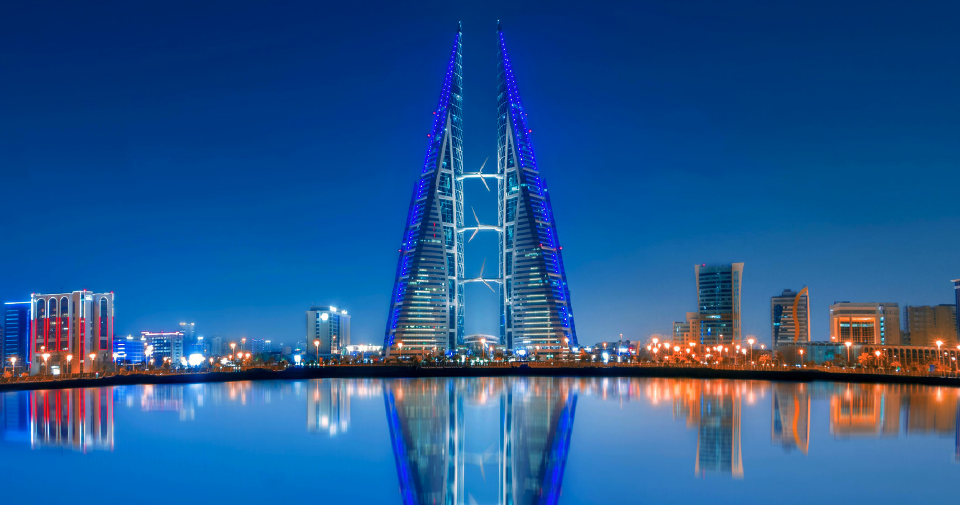The economic ministry’s decree allows for the creation of a SIIQ market with a framework similar in many ways to the French model. Tax incentives will be given to companies that contribute their rental real estate assets to SIIQs. Companies with SIIQ status will be exempt from paying value-added tax and the corporate IRES and regional IRAP tax.
But, despite these advantages, strict requirements need to be met if a company wants to convert to SIIQ status.
Access intelligence that drives action
To unlock this research, enter your email to log in or enquire about access


